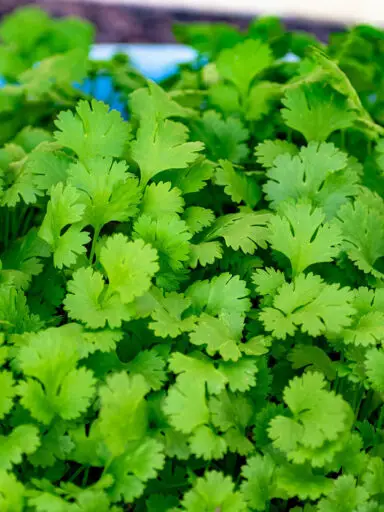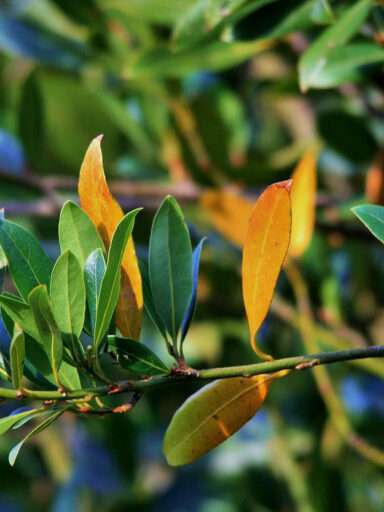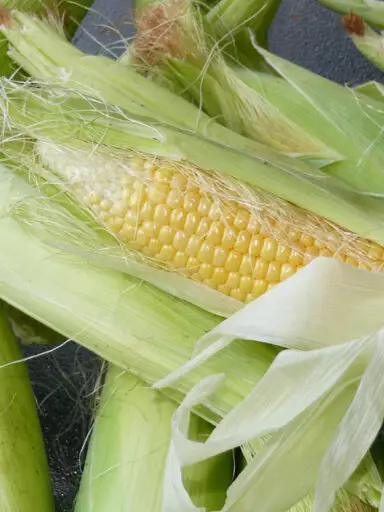The Avocado is a fruit of the Avocado tree which is native to south-central Mexico. It contains a single woody seed, fleshy pulp, and green leathery skin. It is cultivated in tropical areas around the world as well as in Mediterranean climates.
The fruit is usually pear-shaped, round, or egg-shaped and slightly larger than a tennis ball. Avocados usually become very soft the more they ripen. They are usually harvested when still firm and left to ripen thereafter. This is similar to bananas. They can take about two weeks after harvest to ripen.
The plant can be propagated by seed and take about four to six years to start bearing fruit. Grafting is also often used to produce better fruit quality.
This tropical plant is known to be toxic to several house pets including dogs, cats, rabbits, guinea pigs, fish, cattle, and horses.
Major producers of Avocado include Mexico with around 30% of the world’s produce with Colombia, Dominican Republic, Indonesia, and Peru being massive producers as well.
Culinary Uses of Avocado
Avocado has a buttery texture and neutral taste. It is usually eaten by splitting the skin with a sharp knife in half around the seed. Giving the fruit a little twist exposes the pulped flesh. The pulp should be sprinkled with lemon juice or vinegar to prevent it from turning brown or black.
The fruit can be eaten on its own seasoned with salt or pepper or even sweetened. In food preparation it can be cut into cubes, sliced, or mashed. It is used in salads or salsa. It can also be mashed into a purée and mixed with smoothies, ice cream, milkshakes, and fruit juice.
Avocado has edible oil which can be used in salads and is rarely used to cook seeing it smokes at lower temperatures.
Nutritional Benefits
Just like olives, they are high in monounsaturated fats such as oleic and palmitoleic acids as well as omega-6 polyunsaturated fatty acid linoleic acid. They are also packed with calories and are also rich in dietary fiber, vitamins, and minerals.
The fruit is rich in vitamin A, vitamin E, and vitamin K. Also plenty of these vitamins can be found in the fruit. They are vitamin B1 (thiamin), vitamin B2 (riboflavin), vitamin B3 (niacin), vitamin B5 (pantothenic acid), vitamin B6, and vitamin B9 (folates). It is also rich in copper, potassium, phosphorous, iron, and magnesium.



